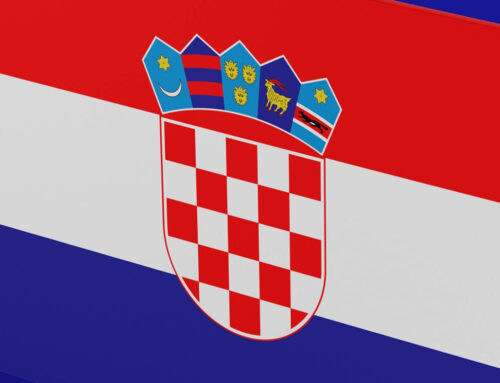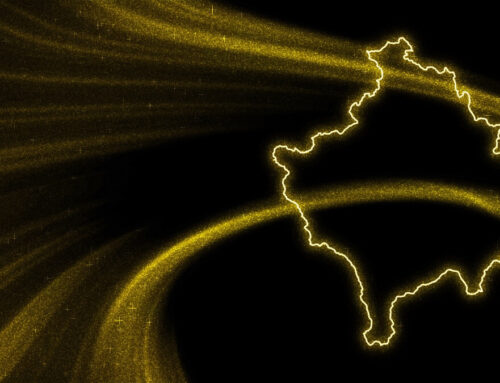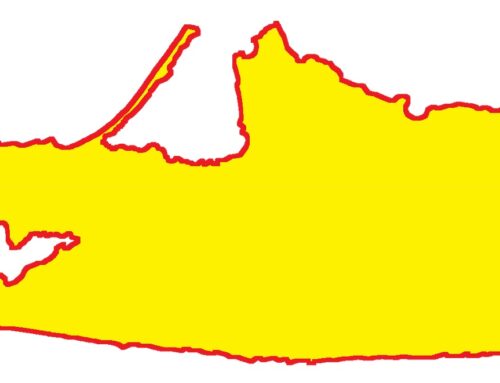The local elections in Macedonia took place on 15 October 2017, and were followed by a second round on 29 October, attracting the media attention of the region and beyond for two major reasons: the way they were organised and the outcome. Taking place in the context of perhaps the most turbulent period of the country’s recent history, some results were feared, while some doubted.
The response at the elections was slightly lower than at the elections in 2013, but still orbiting around 60 % of the population. The national and international monitors reported on the electoral conduct as fair and democratic, with fewer irregularities than at elections in the previous decade. ODIHR and OSCE assessed the elections as competitive, with the basic human rights and liberties having been respected and guaranteed (OSCE 2018). In contrast however, the now former Prime Minister Nikola Gruevski, who has been facing criminal investigations involving allegations of corruption and a wiretapping scandal, complained of irregularities in the election, but acknowledged the party’s defeat. The party supporters’ disillusionment with Gruevski’s policies and stance have been said to be the main cause behind his defeat. Some argue that the decrease in votes was also a result of his recent loss of power, and the inability to influence voters.
What was significantly different than past elections, was the outcome, with the Social Democrats winning with a huge lead before VMRO DPMNE after a period of almost thirteen years in opposition. With this victory, SDSM significantly transformed the municipal landscape by winning in 37 municipalities in the first round, and in a total of 57 out of Macedonia’s 81 municipalities (including the City of Skopje) after the second electoral round. VMRO DPMNE, with a decline of 51 mandates compared to the previous local elections, managed to reach the number of 5 seats during the second round, while DUI won in 10 municipalities, including the Municipality of Chair, the only municipality where a third round of voting took place.
There are several foci around which SDSM’s programme revolves. A mere glance at the central meeting that took place in the Capital on 8 October is enough to distinguish the new government’s priorities, which were also stressed in their draft programme for the period between 2017 and 2021. Mr Stevo Pendarovski spoke of the importance of a convincing victory, as that would, according to him, be the only way for them to establish themselves as legitimate. Ms Radmila Shekerinska stressed the importance on equality in every segment of the society, not forgetting the gender and ethnical discrimination as something to be fought. The party’s leader, Mr Zoran Zaev addressed every social stratum in the society, every age group, but remained focused on the problem of keeping the young people in the country. Referring to himself as an example of persistence, he invited young people to claim their land for themselves and promised increased employment opportunities, funding initiatives and brighter prospects (SDSMtube 2017).
This history-defining victory gives SDSM a mandate to implement their pro-Western policies. During the campaign the party’s president Zoran Zaev stressed the importance of the continuation of the talks with Greece with regards to the name dispute, as well as the need of “[…] a strong and independent judicial system, critical media and strong opposition, a strong Parliament that will control the executive organs, not act on instructions from the government” (Zaev qtd. in Dimishkovski 2017), which have been the main obstacles for the country’s EU and NATO membership.
With such a leviathan change in the political situation in the country, one cannot remain indifferent and not contemplate on the many challenges the new government and local selfgovernment will be facing in the period to come.
References:
Dimishkovski, Aleksandar. “Macedonia Has New Government, but Rocky Road Ahead” The
New York Times, 1 June 2107. Web. 23 Jan. 2018. < https://www.nytimes.com/2017/06/01/world/europe/macedonia-zoran-zaev-election.html>
OSCE. OSCE/ODIHR Election Observation Mission Final Report. Warsaw: Office for
Democratic Institutions and Human Rights: 2018.
SDSMtube. “Golem Gragjanski Miting- Zhivot vo Makedonija za Site.“ Online video clip.
Youtube. Youtube, 8 Oct. 2017. 23 Jan. 2018.





Leave A Comment